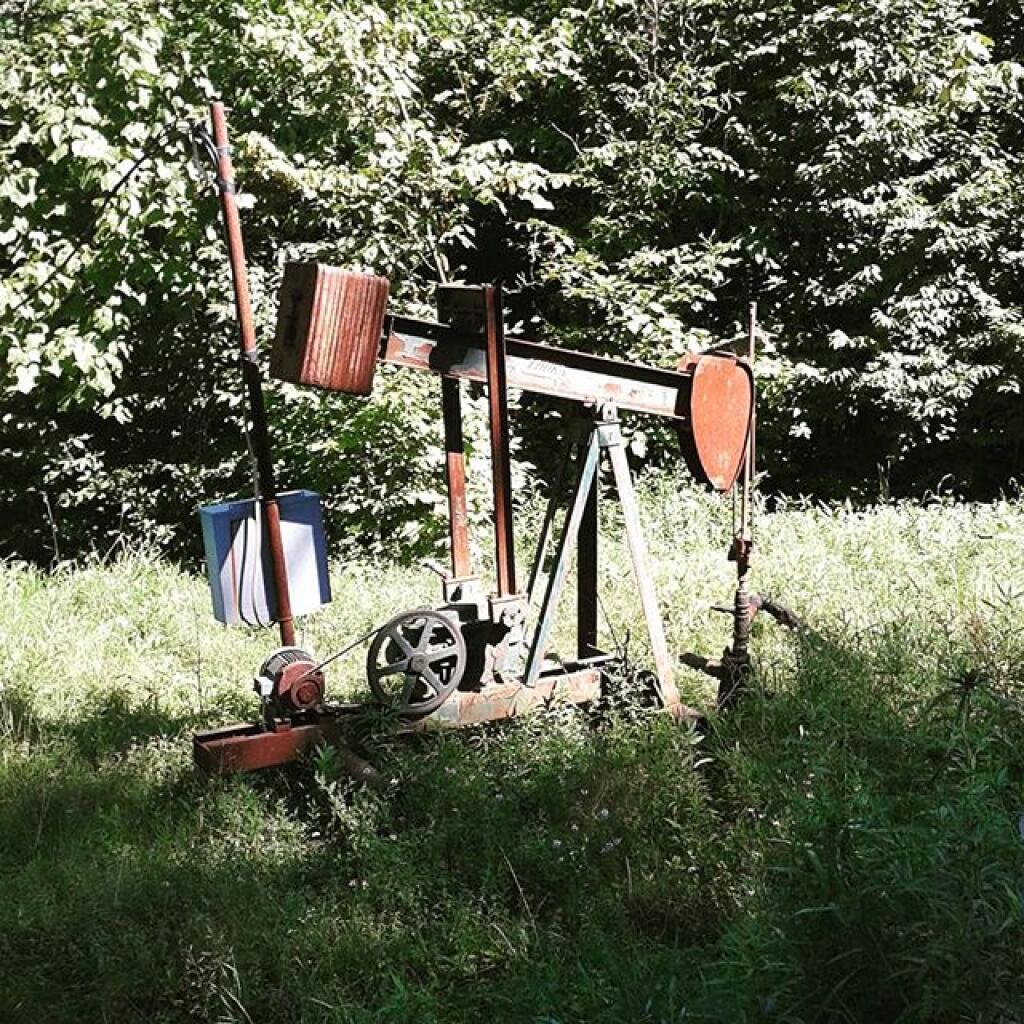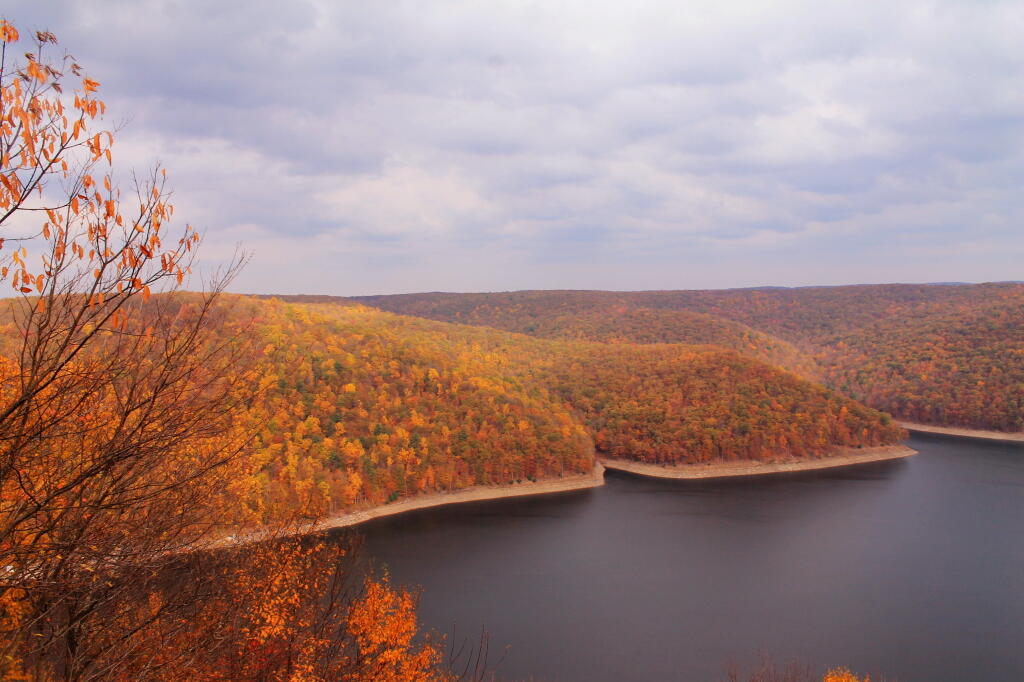Allegheny National Forest
Not many strippers working today
Reservoir
Dark morning
Johnny Cash – As Long As the Grass Shall Grow
A song about the 1965 relocation of the Cornplanter Tribe upon completion of the Kinzua Dam and the Allegheny Reservoir.
Census
One of the stupidest things I’ve heard coming out of Congress for sometime is the idea of de-funding the American Community Survey or ending the requirement that filling out census forms as a mandatory action. Census forms aren’t difficult to fill out and provide an essential source of information for businesses, governments, researchers and not-for-profits.
Without accurate community demographics, it’s hard for a business to know where to locate or who to target for marketing. Government programs that target poverty or concerns impacting certain minority groups would be impossible to implement. Interested people couldn’t learn about their community, and politicians couldn’t communicate with interested audiences.
Some people think the census should be voluntary. Some people don’t feel comfortable discussing their income, their race, or the condition of their housing. But already the surveys protect individual privacy, and laws prohibit any use of the census survey responses except for releasing aggregated data. Only after 70 years do individual survey responses become public for use of historical – beyond most people’s lifetimes.
And to protect survey responses, the Census Bureau never asks the most sensitive questions – it never asks about your religion, your guns, or what you do in bed. Instead it asks about relevant demographic information, that is essential to know from a both business and public perspective.




